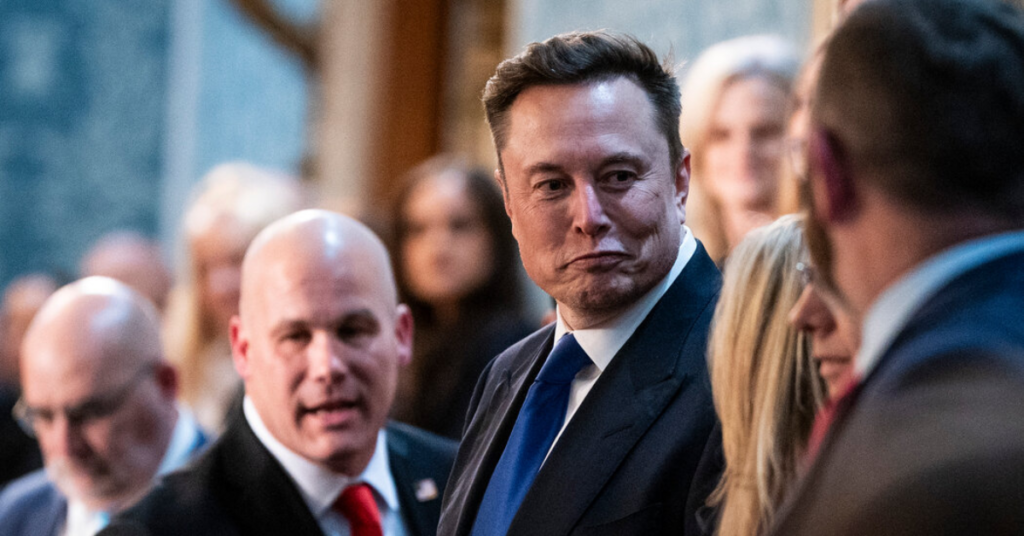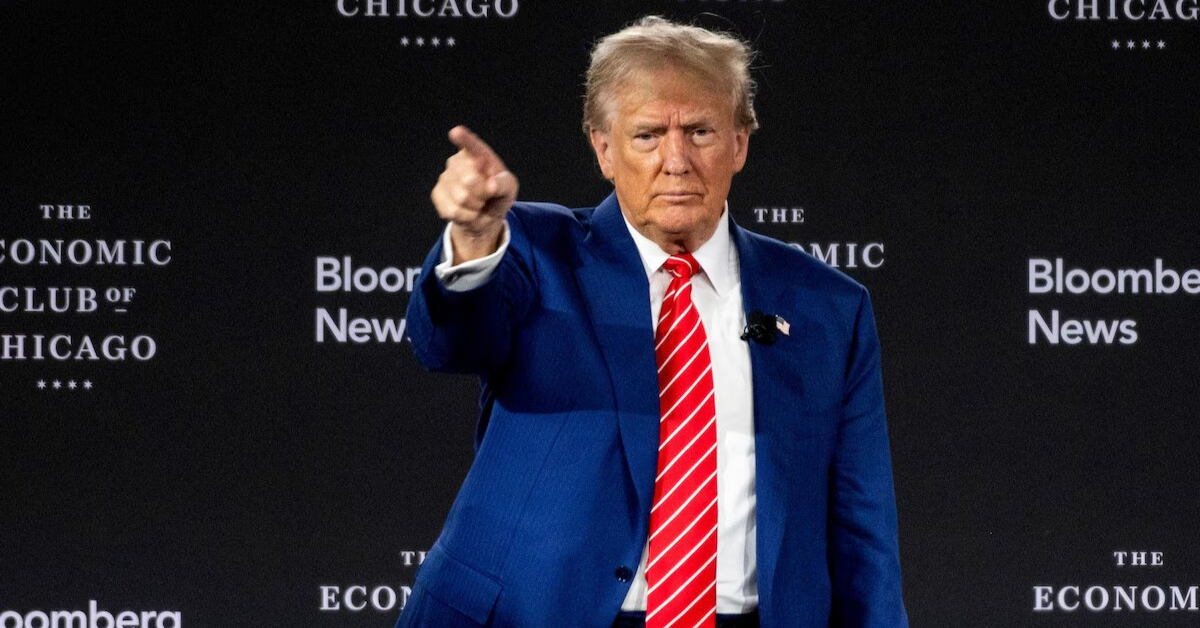The acting head of the Social Security Administration (SSA), Lee Dudek, has threatened to shut down the crucial safety net program that supports millions of Americans, including seniors and disabled individuals. His warning came in response to a recent legal order restricting access to sensitive personal information. The issue centres on Elon Musk’s Department of Government Efficiency (DOGE), which has been given access to private data, including Social Security numbers, medical records, and other personal details of Americans.
On Thursday night, Dudek stated that if DOGE could not access non-anonymized personal data as demanded by the judge, he would take extreme measures, including cutting off all access to the agency’s IT systems. “My anti-fraud team would be DOGE affiliates. My IT staff would be DOGE affiliates,” he said, emphasizing his stance on the issue. He further expressed that if the order was enforced, he would halt the agency’s IT operations entirely, forcing the courts to determine how to manage a federal agency like Social Security.
This bold statement comes after a temporary restraining order was issued by a federal judge, blocking Social Security officials from granting DOGE or Musk direct access to personally identifiable information (PII). The order also demands that DOGE delete any non-anonymized personal data they currently possess. The judge found that the SSA’s actions were likely unlawful, violating privacy and administrative laws by granting DOGE unlimited access to private data.
Judge Ellen Lipton Hollander, who issued the ruling, pointed out that the SSA had given DOGE unrestricted access to a wealth of sensitive data, including Social Security numbers, bank and credit card information, medical histories, and more. She questioned the necessity of such broad access, as the DOGE team failed to provide a valid justification for needing such detailed and personal information.
The court’s ruling does allow DOGE to access anonymized or redacted data, but only if they undergo proper training to comply with federal privacy laws. This means that Musk and DOGE’s team would need to abide by the same privacy protections that any SSA employee would need to follow when handling Social Security data.
Despite the court’s decision, Dudek’s response signals a drastic and controversial approach. He made it clear that if Musk and DOGE could not comply with the legal requirements, the consequences would be severe. This could potentially disrupt Social Security payments for millions of Americans, causing a major crisis for those who depend on the program for their financial stability.
As part of DOGE’s efforts to implement cost-cutting measures, they have proposed closing numerous SSA offices and reducing phone services. These measures could force seniors and disabled individuals to visit SSA offices in person to verify their identities, which would be a significant burden on vulnerable groups. These changes could further complicate an already struggling system, making it difficult for people to access their benefits in a timely manner.

Musk, who has previously made controversial remarks about Social Security, has called it “the biggest Ponzi scheme of all time,” without offering any evidence to support his claim. He has also suggested, without basis, that millions of deceased people are still receiving Social Security benefits.
Musk’s team has set an ambitious goal of eliminating $700 billion in fraud from entitlement programs like Social Security, Medicare, and Medicaid, even though experts believe the actual amount of fraud is far lower.
The Trump administration has stood by Musk and DOGE, arguing that the program needs access to people’s most personal data to function effectively. According to their position, the only way Social Security can continue is if Musk’s team is granted unrestricted access to sensitive information. This stance raises concerns over privacy violations and the safety of Americans’ personal data, especially when millions of people rely on Social Security for their livelihood.
This ongoing battle between privacy protections and government efficiency is likely to continue making headlines as it impacts millions of vulnerable individuals. The future of Social Security and the privacy of personal data hangs in the balance.
Disclaimer: This article has been meticulously fact-checked by our team to ensure accuracy and uphold transparency. We strive to deliver trustworthy and dependable content to our readers.








